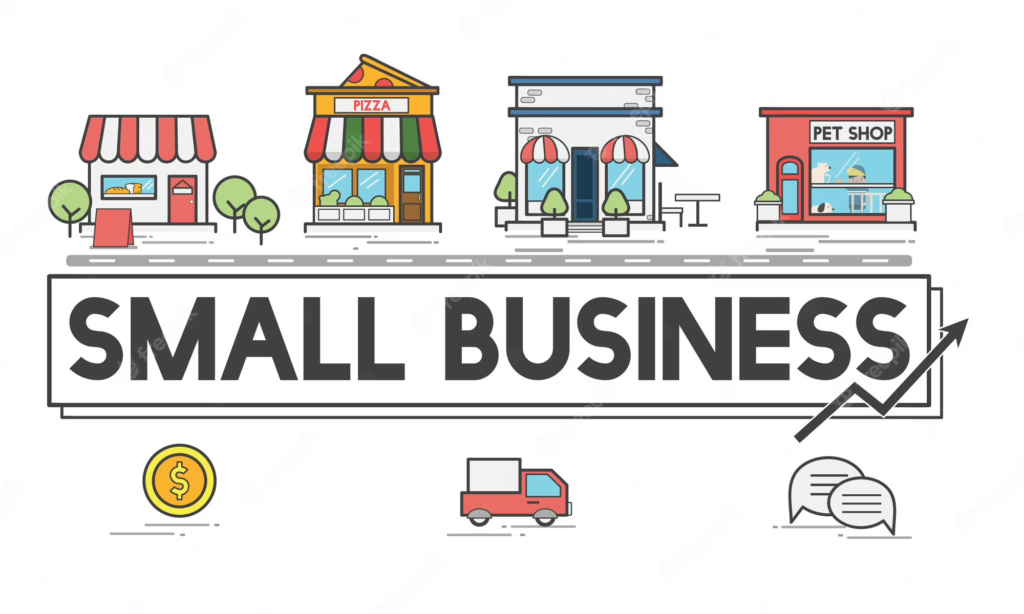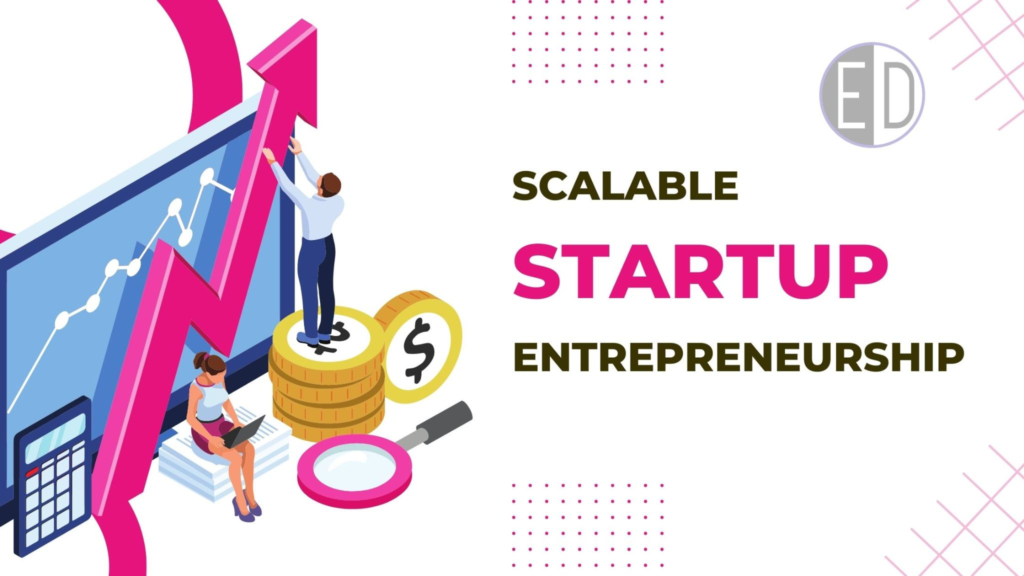Types of entrepreneurship with pros and cons of each

Entrepreneurship is an essential element of the business world, and there are various types of entrepreneurship to explore. Understanding the different types of entrepreneurship and their pros and cons can help aspiring entrepreneurs make informed decisions about which path to pursue. In this article, we will describe the four types of entrepreneurship.
1. Small Business Entrepreneurship

Small business entrepreneurship is the most common type of entrepreneurship. It refers to starting and managing a small business that typically serves a local community. The goal of this type of entrepreneurship is to make a living by providing goods or services that meet the needs of a specific target market. Some of the pros of small business entrepreneurship include:
Pros:
– You have complete control over your business.
– You can create a schedule that works for you.
– You can build relationships with your customers and employees.
– You can make decisions quickly and implement changes easily.
However, small business entrepreneurship also has its cons, which include:
Cons:
– There is limited growth potential.
– There is a risk of failure if the business does not generate enough revenue.
– There may be limited access to funding or resources.
– The workload can be overwhelming, particularly in the early stages of the business.
2. Scalable Startup Entrepreneurship

Scalable startup entrepreneurship refers to building a company with the potential for rapid growth and expansion. The goal of this type of entrepreneurship is to create a business that can be scaled up quickly by attracting investors or raising capital. Some of the pros of scalable startup entrepreneurship include:
Pros:
– There is a high potential for growth and profitability.
– You can attract top talent to help you scale the business.
– There is access to more resources and funding opportunities.
– You can potentially make a significant impact on your industry.
However, scalable startup entrepreneurship also has its cons, which include:
Cons:
– There is a higher risk of failure due to the complexity of scaling a business.
– There is a lot of competition in the startup space, which can make it challenging to stand out.
– There may be pressure to prioritize growth over profitability.
– There is a risk of losing control of the business if you take on too many investors.
3. Social Entrepreneurship

Social entrepreneurship refers to starting a business with the goal of creating a positive social or environmental impact. The focus of this type of entrepreneurship is on using business principles to solve social or environmental problems. Some of the pros of social entrepreneurship include:
Pros:
– There is a sense of purpose and meaning in the work.
– You can make a positive impact on the world.
– There is potential for financial profitability while also doing good.
– You can attract like-minded individuals who share your values.
However, social entrepreneurship also has its cons, which include:
Cons:
– There may be limited funding opportunities for social enterprises.
– Measuring impact can be challenging, which can make it difficult to attract investors.
– There may be regulatory hurdles or legal complexities.
– Balancing social impact with financial sustainability can be challenging.
4. Corporate Entrepreneurship

Corporate entrepreneurship refers to creating a new business within an existing corporation. The goal of this type of entrepreneurship is to develop new products or services that can help the corporation grow and stay competitive. Some of the pros of corporate entrepreneurship include:
Pros:
– There is access to existing resources and funding.
– The brand recognition of the corporation can help attract customers and investors.
– There is potentially less risk than starting a business from scratch.
– You can potentially have a significant impact on the corporation’s growth.
However, corporate entrepreneurship also has its cons, which include:
Cons:
– There may be bureaucratic hurdles within the corporation that can slow down the process.
– There may be resistance to change from within the corporation.
– The focus on profitability may stifle creativity and innovation.
– The corporate culture may not be conducive to entrepreneurship.
Conclusion
In conclusion, entrepreneurship comes in various forms, each with its own advantages and disadvantages. Small business entrepreneurship allows for greater control and flexibility but has limited growth potential, while scalable startup entrepreneurship has high growth potential but also carries a higher risk of failure. Social entrepreneurship allows for a sense of purpose and making a positive impact on society, but it can be challenging to balance social impact with financial sustainability. Finally, corporate entrepreneurship allows for access to existing resources and funding, but it may also face bureaucratic hurdles and resistance to change.
Entrepreneurship is an exciting and rewarding journey, but it’s important to understand the different types and their pros and cons to make informed decisions about which one is right for you. Whether you’re starting a small business, scaling up a startup, making a positive impact on society, or developing new products within a corporation, there are many paths to success in entrepreneurship.
Also Read: 6 Everyday Challenges of Small and Medium Enterprise at the Start of Trade













